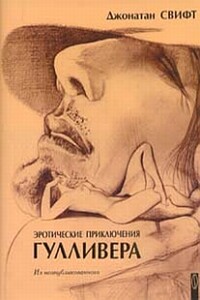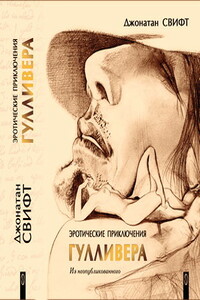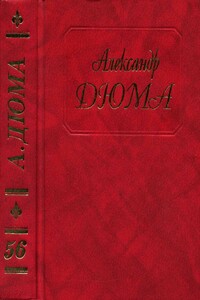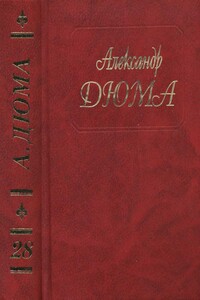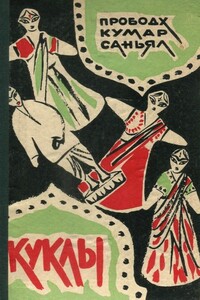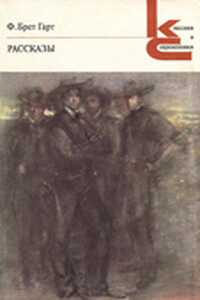Английский язык с Джонатаном Свифтом Путешествия Гулливера | страница 22
) to decide what to do with me (чтобы решить, что со мной делать), I was told afterwards (/так/ мне рассказали позже). They were worried about my breaking loose (они беспокоились, как бы я не разорвал цепи; «были озабочены/обеспокоены по поводу моего /возможного/ освобождения») and about the amount of food I needed (и относительно количества еды, /в котором/ я нуждался). They considered poisoning me (они подумывали /о том, чтобы/ отравить меня; to consider — рассматривать, обсуждать; обдумывать, продумывать; poison — яд, отрава; to poison — отравлять), but then it was pointed out (но потом приняли во внимание: «было указано/отмечено») that such a large carcass might produce a plague in the kingdom (что такая большая туша /мертвое тело/ может вызвать чуму в королевстве).
frequent ['fri:kwənt], worried ['wʌrɪd], consider [kən'sɪdə]
The Emperor and his Court held frequent meetings to decide what to do with me, I was told afterwards. They were worried about my breaking loose and about the amount of food I needed. They considered poisoning me, but then it was pointed out that such a large carcass might produce a plague in the kingdom.
When two army officers told the Court (когда два армейских офицера сообщили двору = при дворе) how I had treated the six criminals (как я поступил с шестью злоумышленниками/преступниками) who had shot arrows at me (которые пускали в меня стрелы; to shoot), His Majesty was very impressed (на его величество это произвело большое впечатление; to impress — штамповать; оттискивать; запечатлевать, оставлять след /в сознании/; производить впечатление, поражать). He ordered all the villages around the city (он обязал все деревни вокруг столицы) to deliver six cows and forty sheep every morning for my food (доставлять каждое утро /по/ шесть быков и сорок баранов для моего пропитания; food — пища, питание; еда), together with bread and wine (вместе с хлебом и вином). This was paid for by His Majesty's Treasury (/все/ это оплачивалось казначейством его величества; to pay). The Emperor lived on his own land (император жил на доходы со своих собственных землевладений; to live on smth. — жить на какие-л. средства, за счет чего-л.) and seldom demanded any income from his subjects (и редко требовал каких-либо выплат от своих подданных; income — поступление /чего-л./; доход, приход, прибыль).
village ['vɪlɪdʒ], deliver [dɪ'lɪvə], treasury ['treʒ(ə)rɪ]
When two army officers told the Court how I had treated the six criminals who had shot arrows at me, His Majesty was very impressed. He ordered all the villages around the city to deliver six cows and forty sheep every morning for my food, together with bread and wine. This was paid for by His Majesty's Treasury. The Emperor lived on his own land and seldom demanded any income from his subjects.


